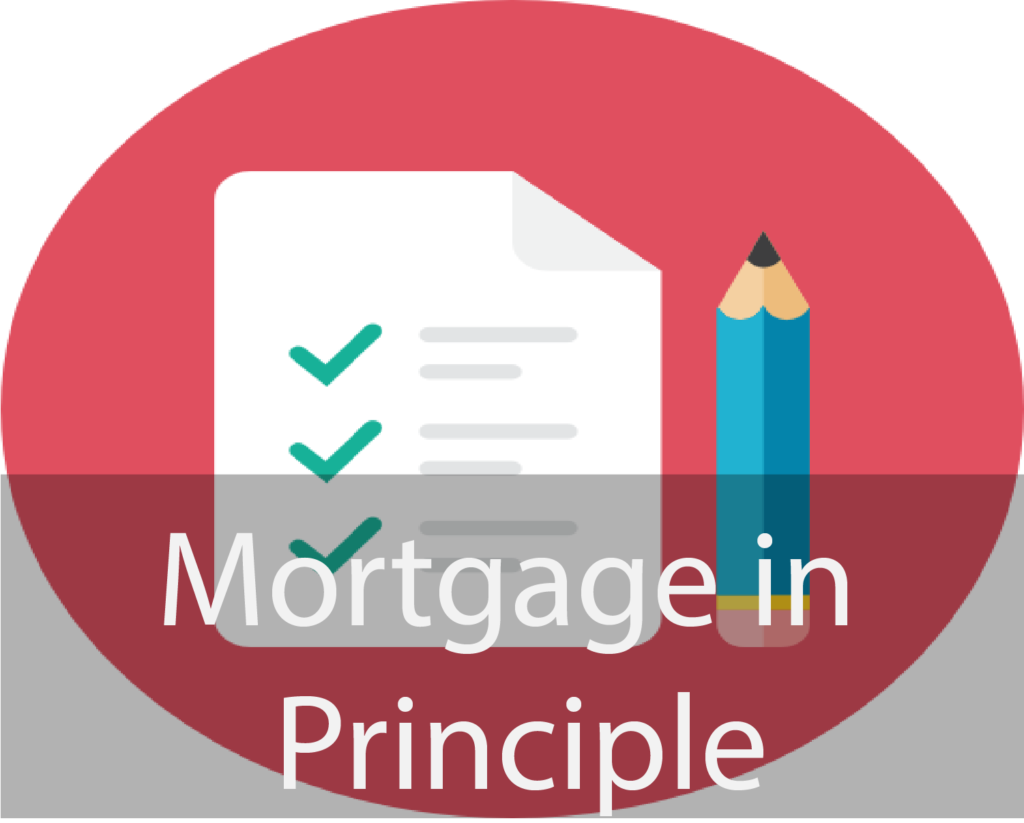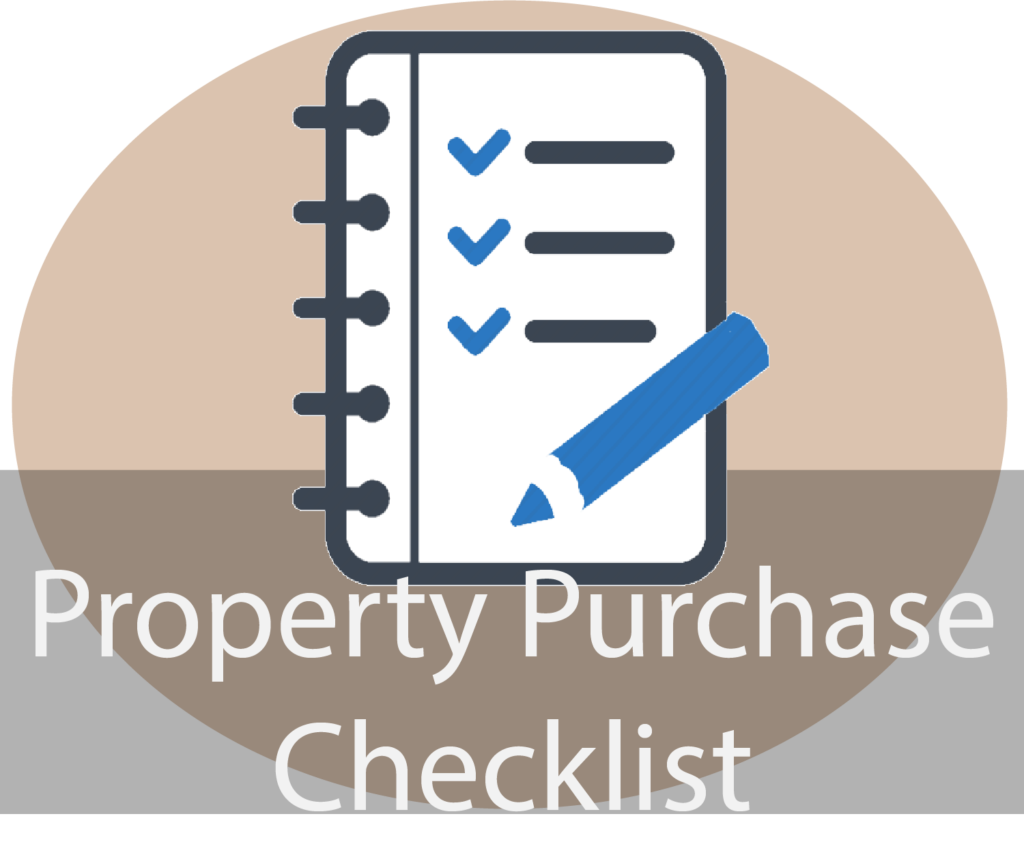Property Purchase Tips
Engaging in the property purchasing process can be quite overwhelming, whether you are aiming to transition to a more spacious home, a newly built property, or are considering downsizing. If it has been a long time since your last encounter with this process, it is important to remind yourself of your goals for the property viewing and to enquire about key aspects that will enable you to make an informed decision before proceeding with an offer.
Do you need support in choosing the ideal mortgage?
We recognise how vital it is for you to secure the right mortgage. If you’re planning to move, we have the experience to help you make an informed decision. To learn more, give us a call on 028 4062 9999 or send an email to info@opesgroup.co.uk.
Property Questions
How much interest has this property attracted?
It’s important to know how many other potential buyers are in the running to purchase the property you’re looking at. If you’re the first to view, you’re in a strong position to make an offer. If there have been several other viewings already, you might have some competition.
Find out if there have been any previous offers that were rejected, and if the current owner is open to offers below the asking price. Remember that some negotiation is considered normal in the buying process.
When is the property available?
If you’re buying a newly built property, find out when the construction work is due to be completed so you can move in. If it’s a previously owned property, you’ll need to wait for the current owner to find a new home. This creates a chain, which can add time to the transaction and cause problems if other sales fall through. It’s often unavoidable, though, unless the property is inherited or the owner is moving abroad.
What’s included?
There are no set rules regarding what a seller will leave in the property and what they’ll take with them when they move out. So, you should establish this before making an offer. If all the white goods are included, for example, the fridge, washing machine, etc, you might be able to make a higher offer. If there are items you don’t want to remain in the property, like a garden shed, you’ll need to make that request. Similarly, if you’re buying a newly built property, find out if the developer will include the white goods or if you’ll need to buy your own.
Which way does the property face?
It’s helpful to know which way the property is oriented, so you know if you’ll be able to enjoy the garden or balcony in the evening, or if the bedrooms are well lit in the mornings. You can ask the current owner, developer or estate agent, and you can also use a compass app on your smartphone to confirm the answer.
What are the neighbours like?
With a newly built property, you won’t have the chance to find out about your future neighbours in advance. But, if you’re moving into a previously owned property, you should find out from the current owner if they’ve had any problems with their neighbours, such as noise.
What are the running costs?
When you buy a home, the current owner or developer will provide you with an Energy Performance Certificate (EPC) that will rate the property’s energy efficiency and likely running costs. Newly built properties are usually cheaper to run. With a previously owned property, ask the owner how much they spend on bills to get a clear idea of how much your monthly expenditure will be.
What’s the price-per-square-foot?
You’ll know the asking price of the property you’re viewing but if you want to easily compare the value to other properties, it will help to know the price-per-square-foot too. Price-per-square-foot helps you understand the value of the property relative to the size, but doesn’t take into account the value of factors such as location and premium features.
What’s the best deal on offer? (New build)
When looking in the local area, there might not be much room for negotiation on the price of a newly built property, but often developers can offer other purchasing incentives. They might offer to pay your Stamp Duty Land Tax, or your estate agent fees or conveyancing fees. They might offer a cash incentive or top up your deposit.
What warranties are included?
Depending on the age of the property, newly built home should come with a ten-year warranty that covers structural issues arising in the ten years after you buy it. This also includes a two-year guarantee for fixtures and fittings. Ask the owner to confirm if there are any warranties is included.
What is the neighbourhood like?
Unless you already live locally, you probably don’t know much about the amenities close by. Newly built developments are often located in up-and-coming areas, rather than established areas, so it’s worth checking how far you’ll need to travel for schools, health services, shops and restaurants, etc. Bear in mind that these amenities often appear after the development is finished, so you might need to look at future plans to see what’s coming soon.





